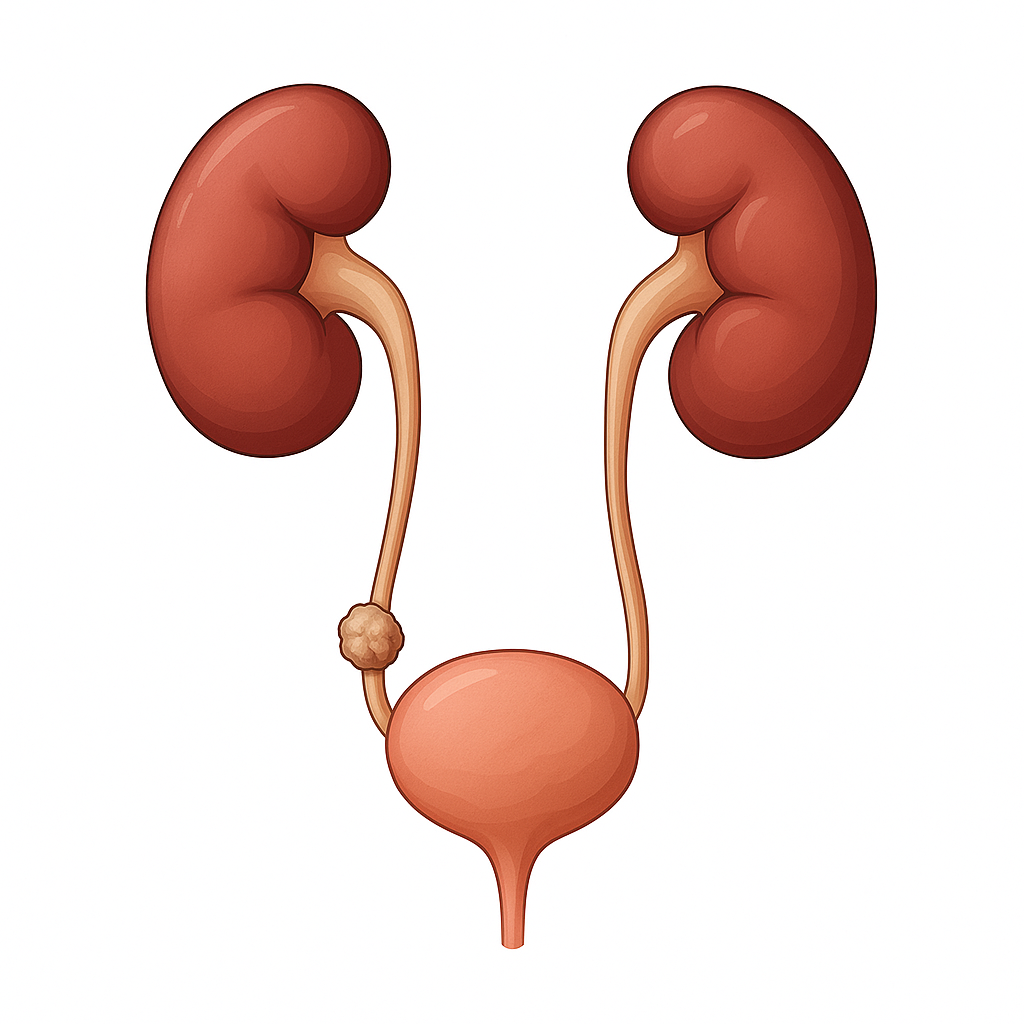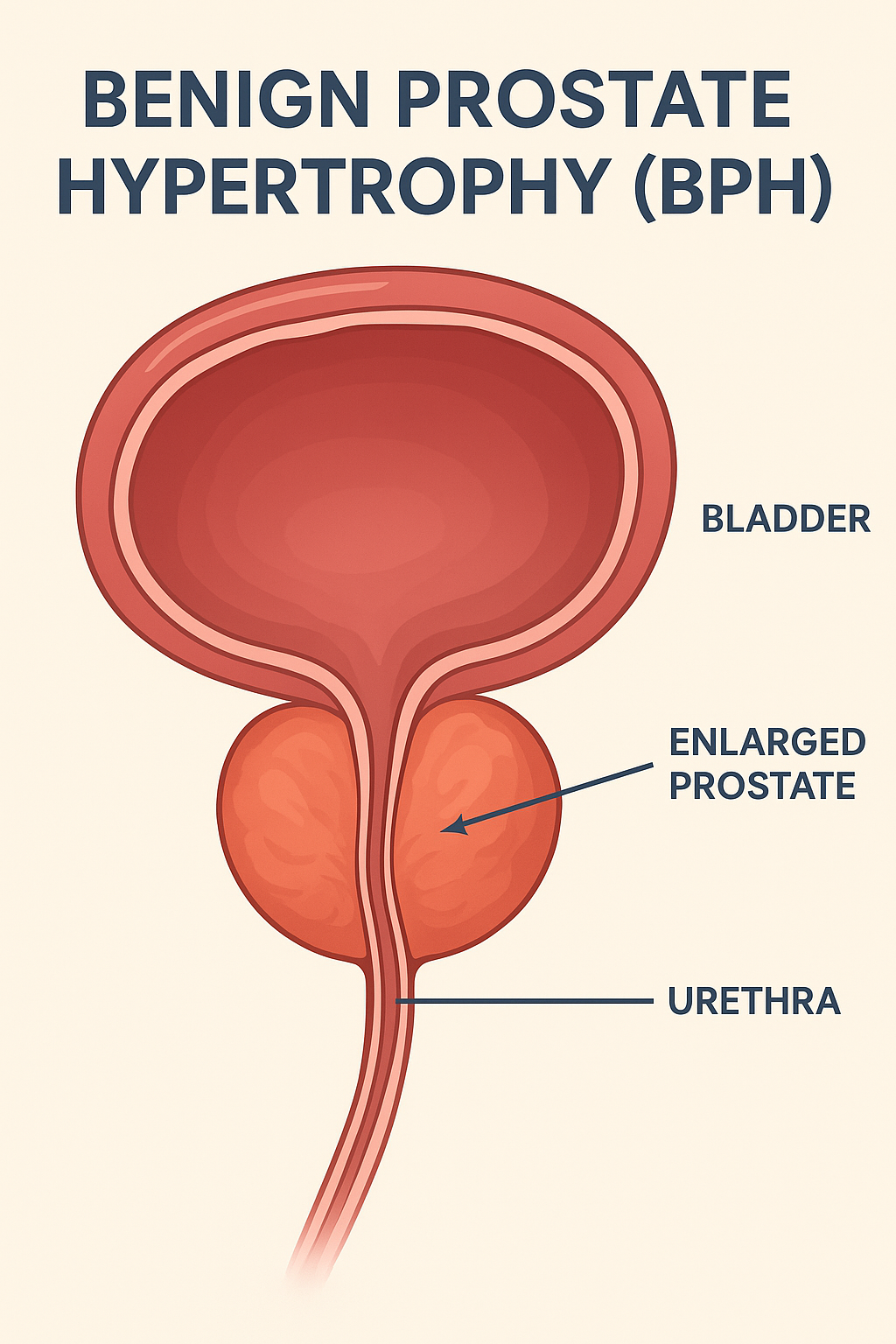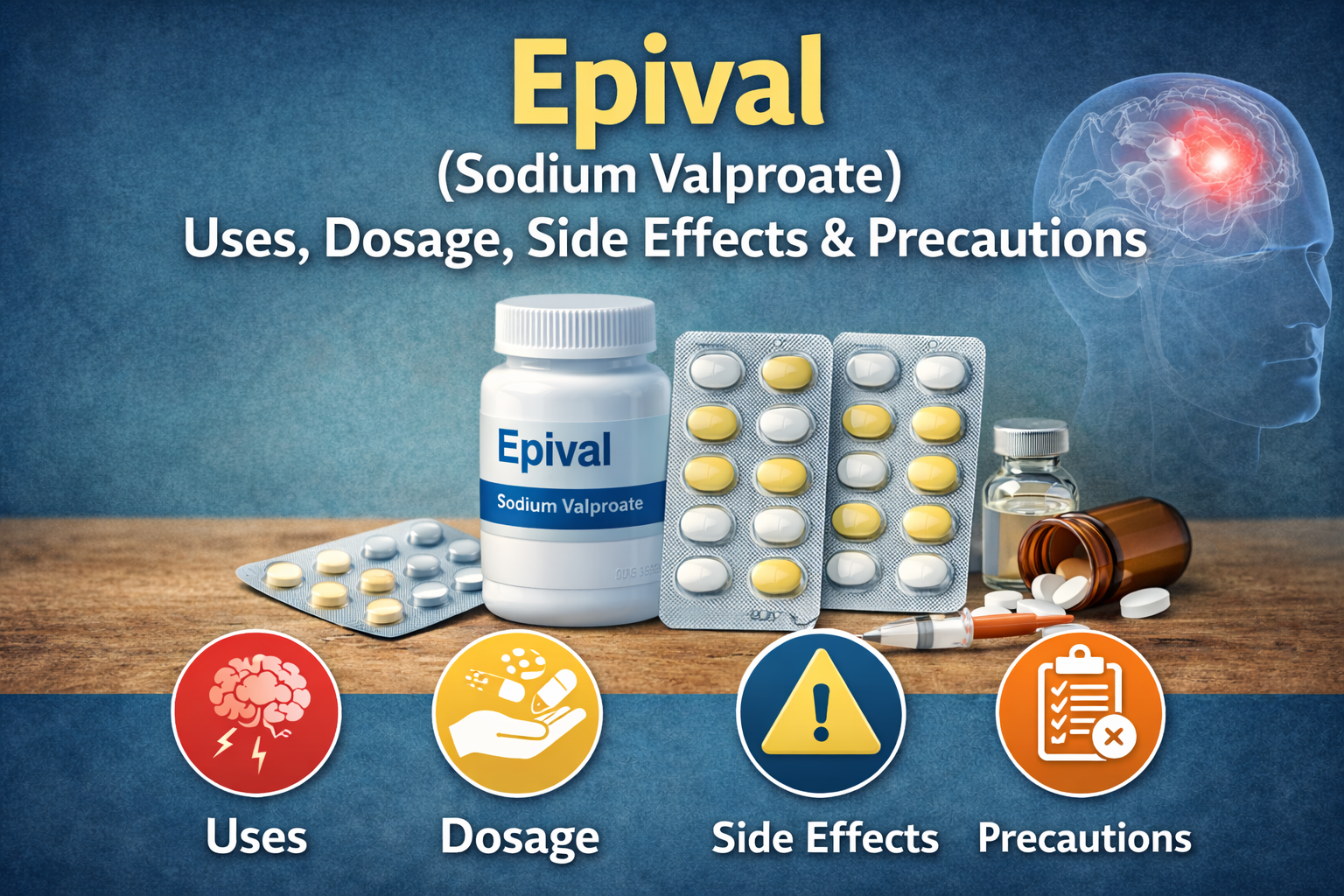Kidney stones are a common but painful condition that affects millions of people worldwide. They occur when minerals and salts crystallize inside the kidneys, forming hard deposits. These stones can vary in size—from tiny grains that pass unnoticed to larger stones that may cause severe pain and complications. Understanding kidney stones is essential for prevention, early detection, and effective treatment.
What Are Kidney Stones?
Kidney stones, also called renal calculi, are solid masses made of minerals and salts. They usually form when urine becomes concentrated, allowing these substances to crystallize and stick together. Stones can develop in one or both kidneys and may also travel down the urinary tract.
Types of Kidney Stones
There are different types of kidney stones, each with its own cause:
- Calcium Stones – The most common type, usually made of calcium oxalate or calcium phosphate.
- Uric Acid Stones – More common in people with gout, high-protein diets, or dehydration.
- Struvite Stones – Often linked to urinary tract infections (UTIs).
- Cystine Stones – Rare and occur in people with a genetic disorder called cystinuria.
Common Causes and Risk Factors
Several factors can increase the risk of kidney stones:
- Dehydration – Not drinking enough water is the leading cause.
- Dietary Habits – High salt, protein, or oxalate-rich foods (e.g., spinach, nuts).
- Family History – Genetics can play a role.
- Obesity – Excess body weight can alter kidney function.
- Medical Conditions – Such as diabetes, gout, hyperparathyroidism, or UTIs.
- Certain Medications – Some drugs can increase stone formation.
Symptoms of Kidney Stones
Kidney stones may not cause symptoms until they move within the kidney or into the ureter. When they do, common symptoms include:
- Severe pain in the back, side, or lower abdomen (renal colic).
- Pain during urination.
- Blood in urine (hematuria).
- Cloudy or foul-smelling urine.
- Frequent urge to urinate.
- Nausea and vomiting.
- Fever and chills (if infection is present).
Diagnosis of Kidney Stones
Doctors use various tests to diagnose kidney stones:
- Urine Tests – To check for crystals or infection.
- Blood Tests – To detect high calcium or uric acid levels.
- Imaging Tests – Ultrasound, X-ray, or CT scan to locate and measure the stone.
Treatment Options
Treatment depends on the size and type of the stone:
1. Small Stones
- Drink plenty of fluids (2–3 liters per day).
- Pain relievers such as ibuprofen or acetaminophen.
- Medications to relax ureters and help pass the stone.
2. Large Stones or Complicated Cases
- Extracorporeal Shock Wave Lithotripsy (ESWL): Sound waves break stones into smaller pieces.
- Ureteroscopy: A thin scope is inserted into the urinary tract to remove or break the stone.
- Percutaneous Nephrolithotomy: Surgical removal for very large stones.
Prevention of Kidney Stones
Preventing kidney stones is possible with lifestyle and dietary changes:
- Drink plenty of water daily.
- Reduce salt and processed foods.
- Limit animal protein (red meat, organ meats, shellfish).
- Eat calcium-rich foods but avoid excessive supplements.
- Limit oxalate-rich foods (e.g., spinach, chocolate, tea).
- Maintain a healthy body weight.
When to See a Doctor
Seek medical attention immediately if you experience:
- Severe pain that doesn’t improve.
- Blood in urine.
- Difficulty passing urine.
- Fever, chills, or signs of infection.
Conclusion
Kidney stones are a painful but preventable condition. By staying hydrated, eating a balanced diet, and maintaining a healthy lifestyle, you can significantly reduce your risk. If you develop symptoms, early diagnosis and treatment are essential to prevent complications.




